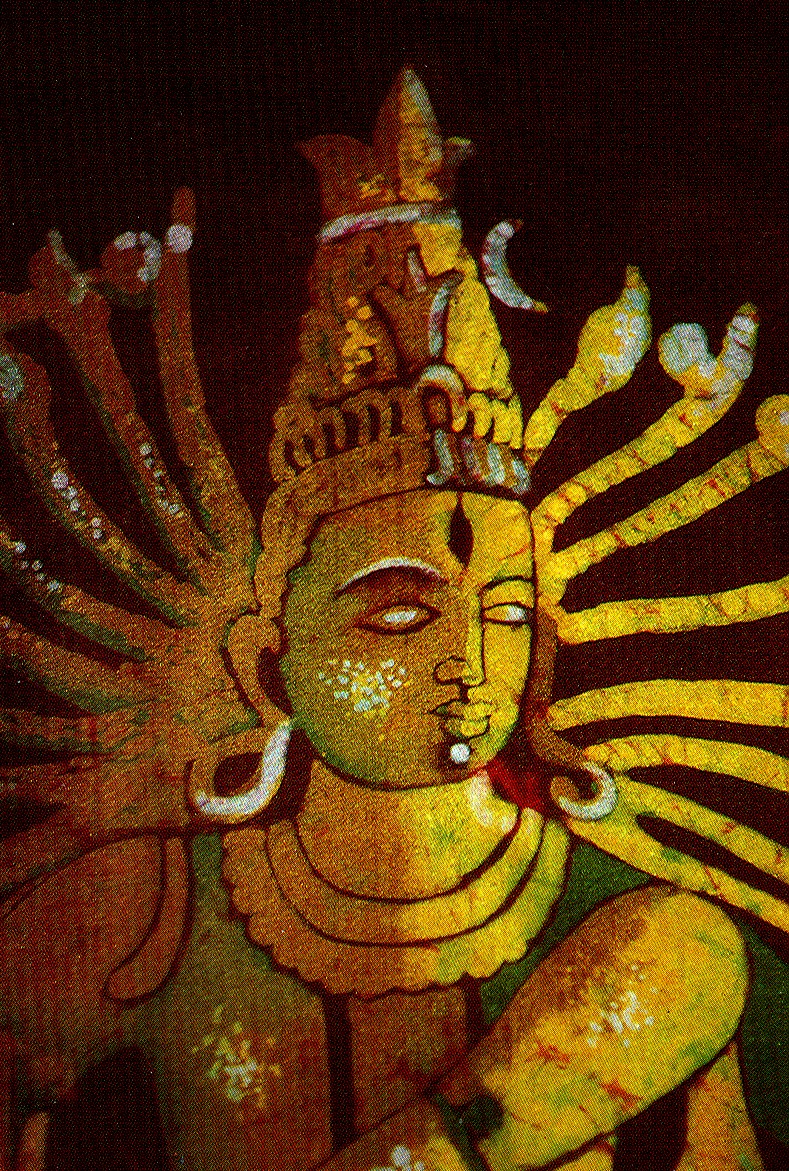From Silsila
In the movie Silsila, right after the Holi song 'Rang barase...', Amitabh is washing off the 'rang' in the bathtub when Jaya chides him for his mindless behaviour during the song etc. That is when Amitabh recites this wonderful sher about 'aql' and 'dil':
Acha hai dil ke saath rahe paasbaan-e-aql
Lekin kabhi kabhi ise tanha bhi chod de
paasbaan = guard, sentinel
I have been trying to recall this sher for quite some time now. Infinite Google searches went in vain, till a sudden memory reminded me that the sher ended with 'tanha bhi chod de' and not with 'akela bhi chod de'. I had been searching with the wrong key words.
Perhaps akela (alone) in the sher would have done too. But tanha (lonely) is better. It adds another dimension to the sher, mocking the presumptuousness of aql in assuming that dil, in its loneliness, would want aql's company.


